I am about to take my last voyage, a great leap in the dark
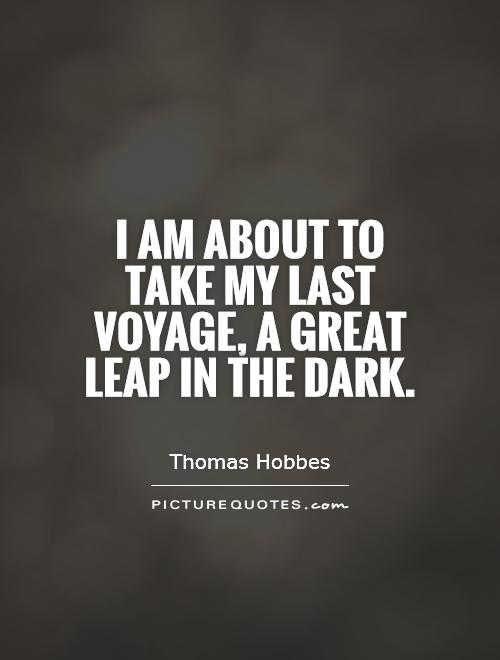
I am about to take my last voyage, a great leap in the dark
Thomas Hobbes, a renowned English philosopher, is often associated with his famous quote, "I am about to take my last voyage, a great leap in the dark." This statement reflects Hobbes' contemplation on the uncertainty of death and the unknown that lies beyond it. As a philosopher who delved into the nature of human existence and society, Hobbes grappled with the concept of mortality and the inevitable end that awaits all individuals.Hobbes' quote can be interpreted in various ways, but one of the most prominent interpretations is that it reflects his philosophical stance on the fragility of life and the uncertainty of what comes after death. In his seminal work, "Leviathan," Hobbes explores the idea of the social contract and the necessity of a strong central authority to maintain order and prevent chaos in society. This concept of a Leviathan, or a powerful sovereign, serves as a metaphor for the need for structure and governance in a world that is inherently chaotic and unpredictable.
For Hobbes, the idea of taking his "last voyage" can be seen as a metaphor for the journey into the unknown realm of death. As a philosopher who sought to understand the fundamental nature of human existence, Hobbes grappled with the concept of mortality and the inevitability of death. His quote reflects a sense of resignation and acceptance of the ultimate fate that awaits all individuals, regardless of their status or achievements in life.
Furthermore, the phrase "a great leap in the dark" underscores the uncertainty and mystery that surrounds death. For Hobbes, death represents a leap into the unknown, a journey into a realm that is shrouded in darkness and devoid of the familiar comforts of the physical world. This sense of uncertainty and apprehension is a central theme in Hobbes' philosophy, as he sought to understand the nature of human existence and the limits of human knowledge.
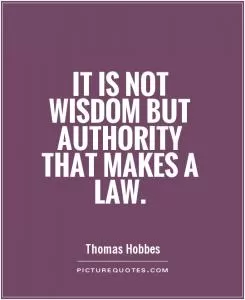
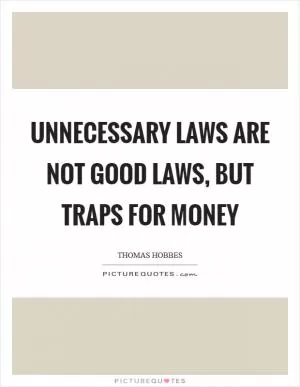
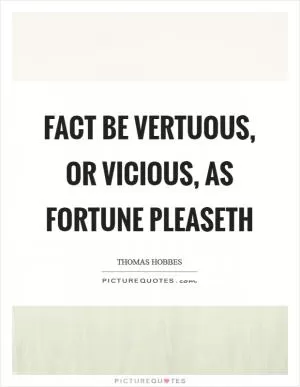
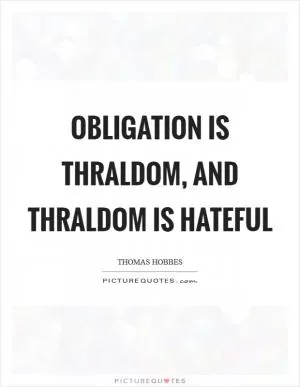

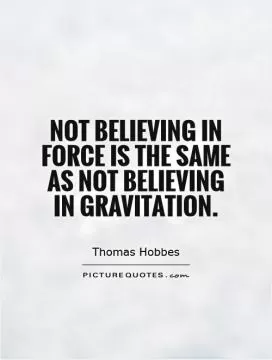
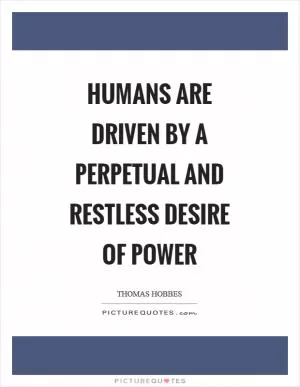


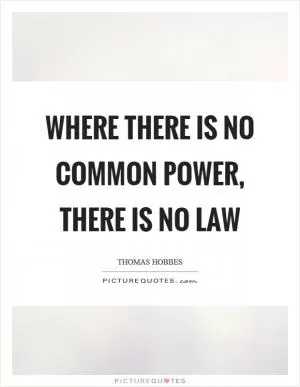
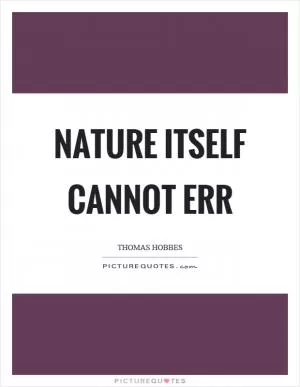
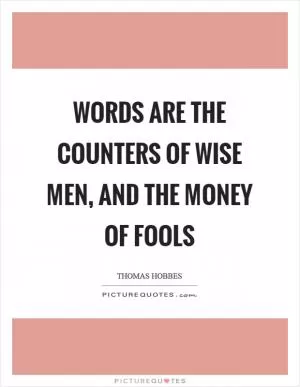
 Friendship Quotes
Friendship Quotes Love Quotes
Love Quotes Life Quotes
Life Quotes Funny Quotes
Funny Quotes Motivational Quotes
Motivational Quotes Inspirational Quotes
Inspirational Quotes